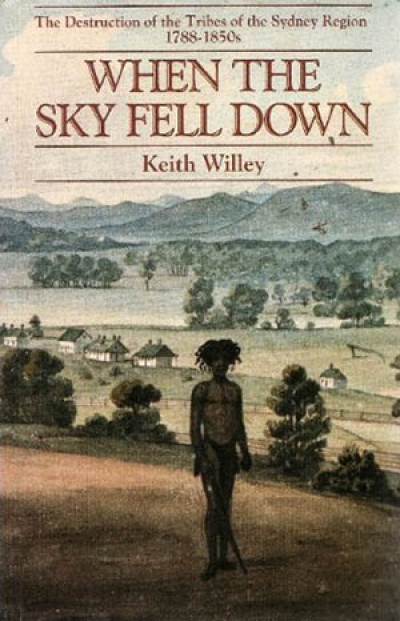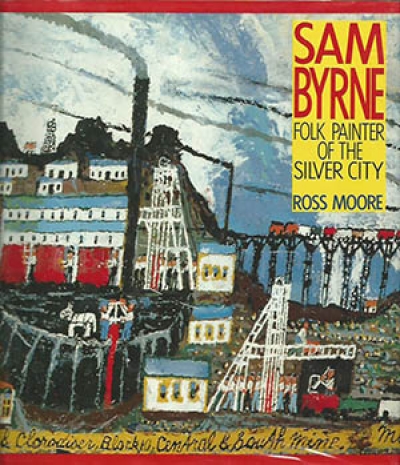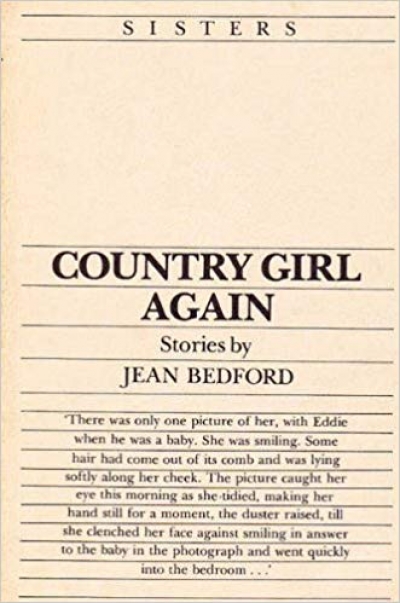Archive
When the Sky Fell Down: The destruction of the tribes of the Sydney region 1788–1850s by Keith Willey
by Maurice French •
In Australia, few publications regularly review children’s books for the information of the general reader/buyer. ASA chairman, Ken Methold, suggests that Australian writers need to advertise their varied skills and publicise their works. I agree.
... (read more)I had thought, and still do, that the phenomenon of publishing a book in paperback only was a good thing, especially for fiction. As a bookseller, I observed the paperback achieve sales three and four times what they would have been if the book was hardback. It should be good for the author too, I thought. The lower royalty payment per book would have been more than compensated for by the higher sales and the larger audience. When I suggested this to a writer recently, he was quite adamant that paperback only editions meant that writers got a much smaller return because they missed out on PLR. ... (read more)
Memory Ireland: Insights into the contemporary Irish condition by Vincent Buckley
by D. J. O’Hearn •






